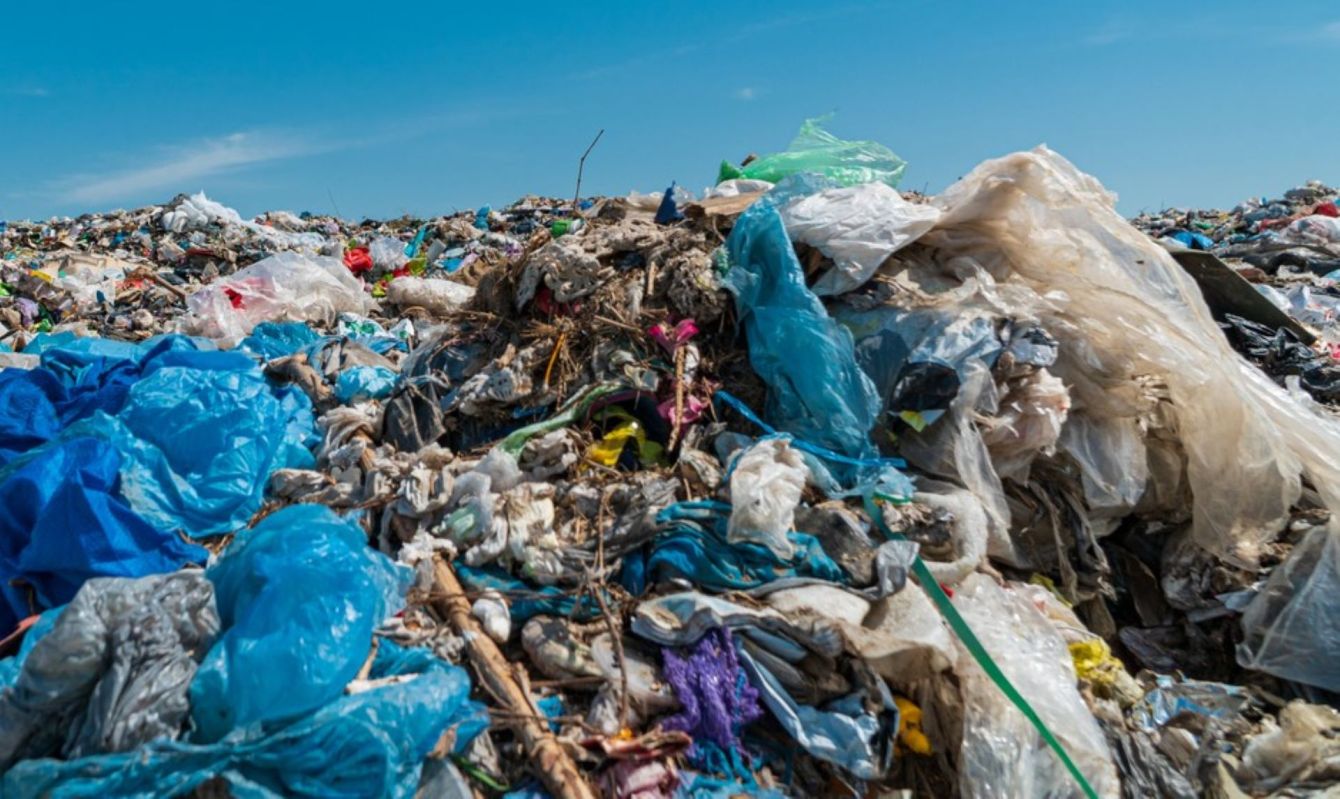Plastic pollution is one of the biggest challenges facing the environment, but solutions to break down such a durable material have been difficult to implement effectively.
However, a promising technological development could make the practice significantly more achievable.
Pyrolysis, a process whereby plastic can be chemically broken down into more valuable chemicals, has been studied by researchers at the University of Pittsburgh to determine the best conditions for it to be optimized.
"Pyrolysis is relatively low in cost and can generate high-value products, so it presents an appealing, practical solution," Giannis Mpourmpakis, an associate professor of chemical and petroleum engineering at Pitt, said in a news report about the study published in ScienceDaily.
Mpourmpakis and Hyunguk Kwon, a former Pitt postdoc who is now a professor at Seoul National University, developed a "computational framework" to generate thermochemistry data about the most suitable and efficient conditions for the decomposition of plastic via pyrolysis.
"The production of plastics is expected to keep increasing, so it's essential that we find and perfect ways to recycle and reuse plastics without harming the environment," Mpourmpakis said.
According to the United Nations Environment Programme, humans produce "about 400 million tonnes [about 441 million tons] of plastic waste every year," with "7 billion tonnes [about 7.7 billion tons] of plastic waste generated globally so far." It's also noted that only 10% of the latter figure has been recycled.
Furthermore, UNEP said that 98% of single-use plastics are produced from dirty energy sources, which create extensive harmful carbon pollution when burned and contribute to global heating.
If the pyrolysis process can be refined to use on a mass scale, it could solve a serious problem by significantly reducing plastic waste and improving the health of humans, plants, and creatures.
Plastic contains harmful chemicals that can pose a threat to both water and land habitats, and microplastics are also becoming increasingly ubiquitous and can enter the body of organisms through inhalation, eating, and drinking.
"There is … substantial evidence that plastics-associated chemicals, such as methyl mercury, plasticisers, and flame retardants, can enter the body and are linked to health concerns," UNEP said.
The research from Mpourmpakis and Kwon will contribute to efforts to increase the efficiency of the plastic recycling process that is vitally important for the future of our planet.
Join our free newsletter for weekly updates on the coolest innovations improving our lives and saving our planet.









